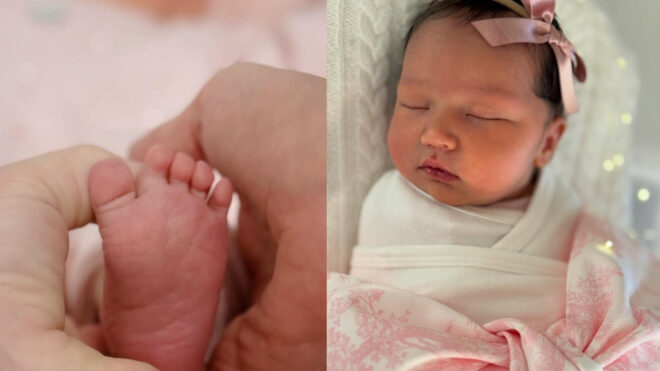Finally, some good news for those women who want to me moms but have had multiple miscarriages without knowing why. According to British scientists, it seems that they've hit the nail on the head when they discovered a molecule that may be to blame for recurring miscarriages that have kept some women from being able to conceive.
The discovery could lead to the development of medications that could possibly prevent these miscarriages, something that would solve a huge problem for so many women who long to be moms.
Lab tests conducted in England showed that women who had become pregnant three times and didn't get to term with their pregnancies because of miscarriages had a high level of a molecule called IL-33 in the cells of their uterus.
According to Doctor Madhuri Salker, from the Imperial College of London, if doctors adequately "controlled" these women's womb, the chances of them being able to carry a baby to full term increased dramatically.
Read more ¿Qué más? What's the real reason behind recurring miscarriages?
The study's coauthor, Professor Jan Brosens of the University of Warwick, said:
'The molecular signals we identified are known to be involved in a range of diseases including Alzheimer's, asthma and heart disease. Our findings suggest targeting these molecules might also be a promising strategy for developing treatments that would prevent miscarriages in women who are especially vulnerable.
Even though this study and results are very new and we still have to wait for the treatments that may come from these findings, it comforts me to know that medical science doesn't stop and that its advances always translate to a better quality of life for all of us.
I know I was very blessed to never have suffered a miscarriage and to have enjoyed two amazing and perfect pregnancies that gave me my two sons, both of whom I had after I was 40. That's why I say this: If you haven't been able to conceive, don't despair. There's always, always hope–and it's never too late when happiness is at stake. I know that firsthand.
Image via Thinkstock




